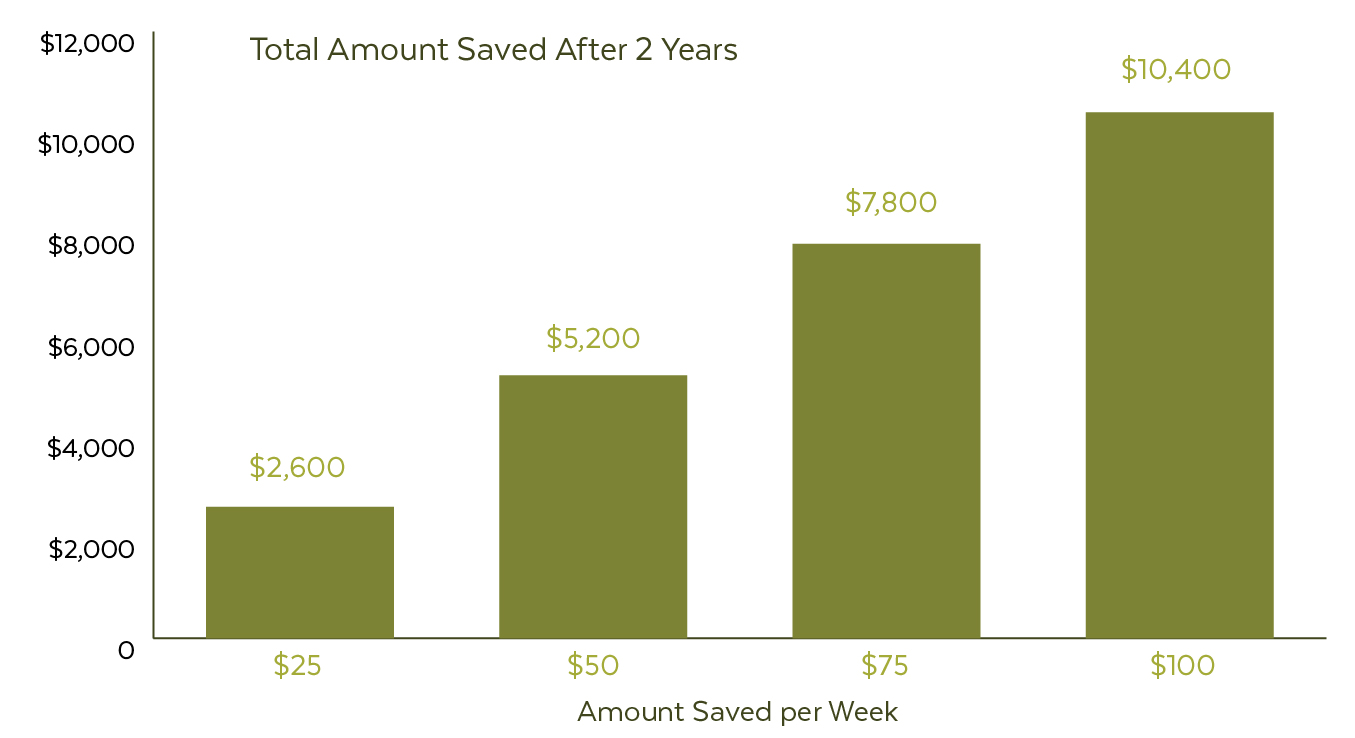Everything You Need to Know About Emergency Funds
Life is full of unexpected events. From illnesses to job layoffs, emergencies happen. We believe that family should always come first. Hence, an emergency fund serves as the bedrock for you and your family’s well-being and financial stability.
For what exactly are emergency funds used?
Some of the most common emergencies and unexpected events people face:
- Job loss or layoff.
- Medical or dental emergency.
- Home repairs or damages.
- Car problems.
- Unplanned travel expenses.
How much should I save in my emergency fund?
A good rule of thumb is 3-6 months of your basic living expenses. Meaning the essentials only:
- Rent/Mortgage
- Utilities
- Food
- Healthcare
- Debts
- Transportation
If you have children in your household, you could add education fees and supplies on top of that. In the unfortunate event that you do come across a job layoff, you’ll be cool as a cucumber. Using the financial cushion that you’ve saved, you’re more than capable of surviving on the bare essentials while you search worry-free for your new source of income. With proper planning, you can sleep well knowing your finances are right on track.
Remember, you can review your budget and spending tracker spreadsheet to see how much you spend on your basic living expenses each month.
What are some of the benefits of having an emergency fund?
-
No more financial stress.
An emergency fund alleviates the stress from any situation that life unexpectedly throws at you. You will feel confident and less anxious during an economic downturn, including any worries of losing your job, when your car breaks down, or incurring hefty hospital bills.
-
Helps build good money habits.
Socking away money consistently and eliminating impulsive spending are excellent habits to cultivate.
-
Helps keep you away from bad financial decisions.
Use the cash you’ve saved as a first option to cover your unexpected expenses instead of using credit cards and high-interest loans.
What is the best way to save for an emergency fund?
-
Out of sight, out of mind and keep your paws off of it.
Consider opening a separate high-yield savings account, money-market account or Health Savings Account (HSA) and automate your balance transfers! We’ve all heard of the term, “out of sight, out of mind”. If you don’t see the money, you’re less likely to spend it. This is one of the best psychological hacks to trick yourself thinking your money is out of your immediate reach.
-
Make small incremental payments over time.
It’s all about taking baby-steps to reach your goals! You don’t have to worry about taking a large chunk out of your paycheck each month. Small amounts saved consistently snowball into a very large number over time. Below is a chart to illustrate the idea of it (not including interest):

Conclusion: It’s that simple! Saving for an emergency fund is easy and it’s the best form of investment that you can make for yourself and your financial future. What you’re getting in return is a good relaxed night’s sleep even when life throws you unexpected situations.



